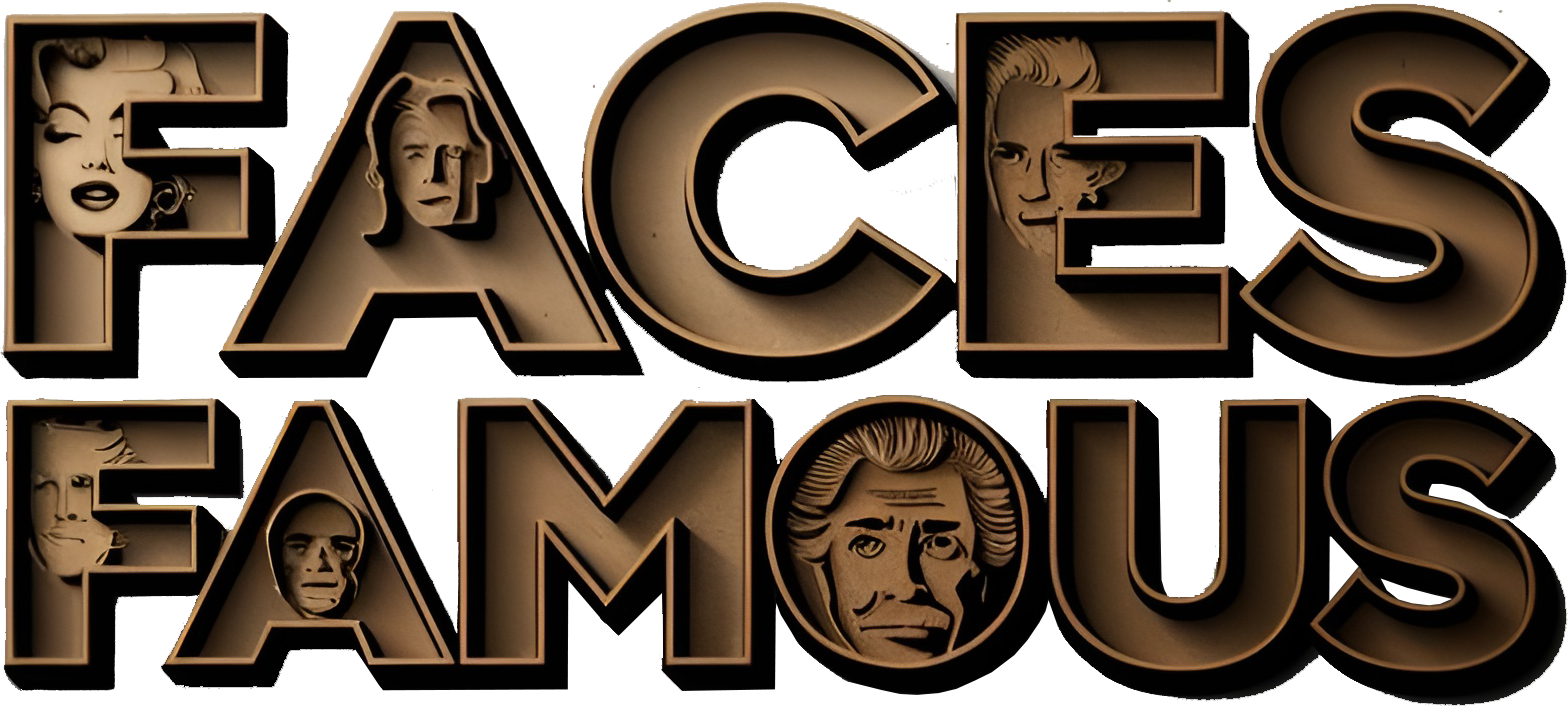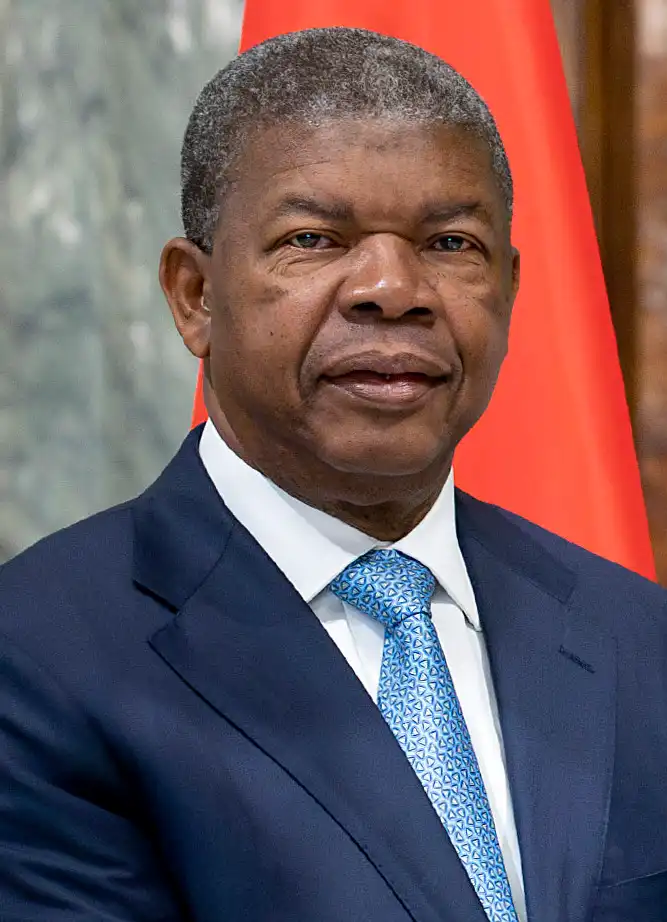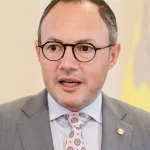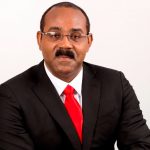Introduction
João Manuel Gonçalves Lourenço is the current President of Angola, a position he has held since 2017. A former military general and politician, Lourenço succeeded José Eduardo dos Santos, who ruled Angola for nearly four decades. His presidency represents a turning point in Angola’s post-independence history, as he has initiated substantial reforms aimed at combating corruption, diversifying the economy, and modernizing the nation’s political and financial systems. Despite these efforts, Lourenço’s presidency has been marked by both achievements and significant challenges.
Early Life and Education
João Lourenço was born on March 5, 1954, in Lobito, Angola, during the country’s colonial period under Portuguese rule. He grew up in a politically active family, with his father being a nurse and nationalist who supported the fight for Angolan independence. This upbringing instilled in Lourenço a deep sense of patriotism and a desire to see Angola free from colonial domination.
Lourenço pursued his education in military sciences and political leadership, both domestically and abroad. He trained in the Soviet Union, where he studied at the Lenin Higher Academy in Moscow. This experience, combined with his military background, shaped Lourenço’s worldview and strategic approach to leadership, aligning him with socialist ideals that were prevalent in Angola’s ruling party, the Popular Movement for the Liberation of Angola (MPLA), during the Cold War.
Military and Political Career
After Angola gained independence from Portugal in 1975, Lourenço joined the MPLA’s military wing, which had fought in the Angolan Civil War (1975-2002) against rival factions. He quickly rose through the ranks due to his leadership skills and dedication to the MPLA cause. By the 1980s, Lourenço had become a prominent figure within the Angolan military, serving as a general and later as the head of the army’s political division.
Lourenço transitioned into politics in the 1990s after the end of the civil war. He held various ministerial roles in the MPLA government, including Vice-Minister of Defense, Minister of Defense, and Vice President of the National Assembly. His political career was marked by loyalty to the MPLA and its then-leader, José Eduardo dos Santos. Lourenço was considered a trusted ally, though he often stayed in the background during dos Santos’ long tenure.
Presidency and Reforms
In 2016, José Eduardo dos Santos, Angola’s long-time president, announced his intention to step down. Lourenço, then Minister of Defense, was selected as the MPLA’s presidential candidate, and in 2017, he won the election, becoming Angola’s third president since its independence. Many observers viewed Lourenço’s presidency as a continuation of dos Santos’ policies, but Lourenço quickly set himself apart by implementing wide-ranging reforms.
Anti-Corruption Campaign
One of Lourenço’s most significant undertakings has been his anti-corruption campaign. Corruption had long plagued Angola, particularly during dos Santos’ rule, when vast wealth from the country’s oil revenues was concentrated in the hands of a few elites. Lourenço’s administration moved to dismantle these networks of power and privilege. He dismissed many of dos Santos’ allies from key government positions and launched investigations into corruption, including against members of the former president’s family.
Lourenço’s most high-profile target has been Isabel dos Santos, the former president’s daughter and one of Africa’s wealthiest women, who was accused of embezzling state funds during her tenure at Sonangol, Angola’s state-owned oil company. Lourenço’s efforts to hold powerful figures accountable for corruption have won him praise both domestically and internationally, but they have also led to tensions within the MPLA and challenges to his authority from entrenched interests.
Economic Reforms
Beyond his anti-corruption efforts, Lourenço has focused on diversifying Angola’s economy, which has long been overly dependent on oil exports. The country’s reliance on oil has made it vulnerable to fluctuations in global oil prices, and Lourenço has made it a priority to develop other sectors, including agriculture, tourism, and manufacturing.
Lourenço has also sought to attract foreign investment by improving Angola’s business environment. His administration has enacted laws aimed at reducing bureaucratic obstacles, improving transparency, and encouraging private-sector growth. In 2018, the government introduced a privatization program for several state-owned companies in an effort to boost efficiency and reduce the state’s role in the economy.
Another key reform has been debt restructuring. Angola has faced significant debt challenges, particularly in the wake of falling oil prices, and Lourenço’s government has negotiated with international financial institutions, including the International Monetary Fund (IMF), to stabilize the country’s finances. While these measures have helped to bring some fiscal discipline, the economic challenges facing Angola remain formidable.
Human Rights and Social Issues
While Lourenço has made strides in economic and governance reforms, his record on human rights has been more mixed. Critics have accused his government of cracking down on dissent and using state power to stifle opposition. For instance, the Angolan police have been accused of using excessive force against protesters demanding better living conditions and employment opportunities. This has led to concerns about the limits of political freedom under Lourenço’s rule, despite his calls for greater openness and accountability.
Socially, Angola continues to face significant challenges, including poverty, unemployment, and inadequate healthcare and education systems. Lourenço has pledged to address these issues, but progress has been slow, and many Angolans remain frustrated with the pace of change.
International Relations
Lourenço has worked to improve Angola’s international relations, particularly with its neighbors and major global powers. He has strengthened ties with China, Angola’s largest trading partner and a key source of investment, particularly in infrastructure projects. At the same time, Lourenço has sought to diversify Angola’s partnerships, looking to Europe, the United States, and other African nations to bolster trade and diplomatic relations.
His administration has also played an active role in regional diplomacy. Angola has mediated peace talks in the Democratic Republic of Congo (DRC) and has engaged in efforts to promote stability and cooperation in the Southern African Development Community (SADC).
Challenges Ahead
As João Lourenço continues his presidency, he faces significant challenges. Angola’s economy, though showing signs of improvement, remains heavily dependent on oil, and the country is still grappling with high levels of poverty and inequality. Corruption, while being tackled, is deeply ingrained in the political system, and Lourenço’s ability to implement lasting reforms will depend on his capacity to navigate the complexities of MPLA politics and the entrenched interests of the elite.
Moreover, Lourenço’s efforts to balance economic reform with social stability will be critical. While his anti-corruption campaign has earned him praise, it has also created enemies within the MPLA and the broader political establishment. Ensuring that his reforms take root while maintaining public support will be one of the key tests of his leadership.
Conclusion
João Lourenço’s presidency represents a critical moment in Angola’s history. His efforts to combat corruption, diversify the economy, and modernize the nation’s governance systems have set him apart from his predecessor. However, the road ahead is fraught with challenges, as Angola continues to navigate its post-civil war recovery and address deep-seated economic and social issues. Lourenço’s ability to drive meaningful change in Angola will determine not only his legacy but also the future trajectory of one of Africa’s most resource-rich nations.



